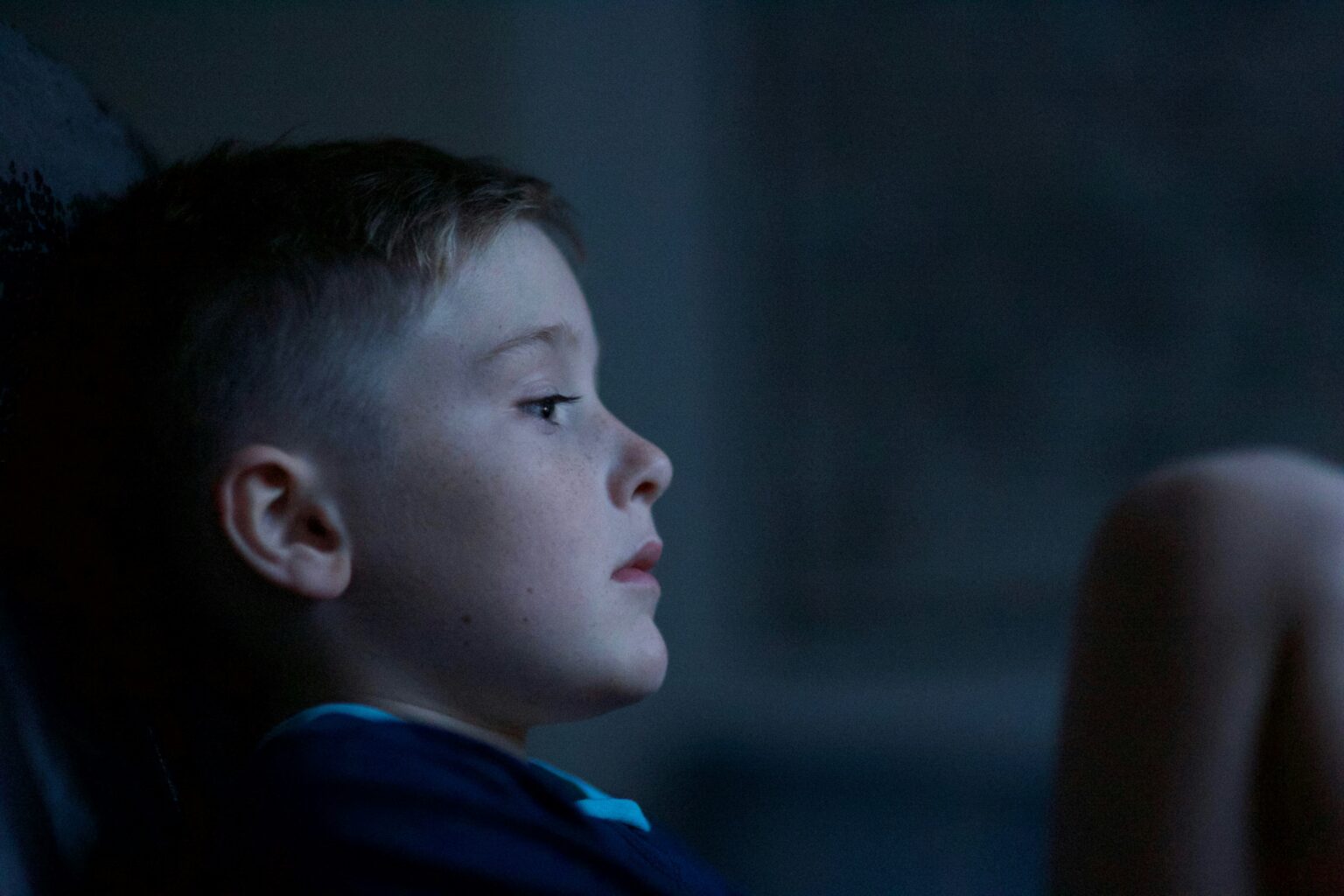What is domestic abuse?
Domestic abuse is an episode or pattern of controlling behaviour that takes place within a relationship. The abuse may be physical, psychological, or both. If you think someone is abusing you, it’s important for you and your child that you seek help when you feel safe to do so.
Is someone abusing you?
If you need help now, here are some organisations you can contact for support:
Respect (For male victims of domestic abuse)
How we can help your child to heal
The impact of witnessing or experiencing domestic abuse can last into adulthood. But with proper support, most kids can move forward once they’re out of the abusive setting.
Our highly skilled therapists specialise in helping children:
- Process their thoughts and feelings
- Learn coping strategies
- Understand that the abuse is not their fault
- Move forward in life
The impact of domestic abuse on children
If your child has witnessed or experienced any kind of domestic abuse, you may have noticed a change in their behaviour. Issues associated with domestic abuse can present differently from child to child and at various stages of development. Here are some examples:

Toddlers
- Wetting the bed
- Crying more than usual
- Trouble sleeping
- Separation anxiety
Older children
- Losing interest in things they used to find fun
- Getting lower grades in school
- Increased anger
- Feeling guilty
- Feeling anxious
- Feeling low most or all of the time
- Complaining of headaches and stomach aches
Teenagers
- Bunking off from school or fighting with family members
- Having low self-esteem
- Feeling anxious
- Feeling low
- Increased anger
- Having trouble making friends
- Using alcohol and other drugs
